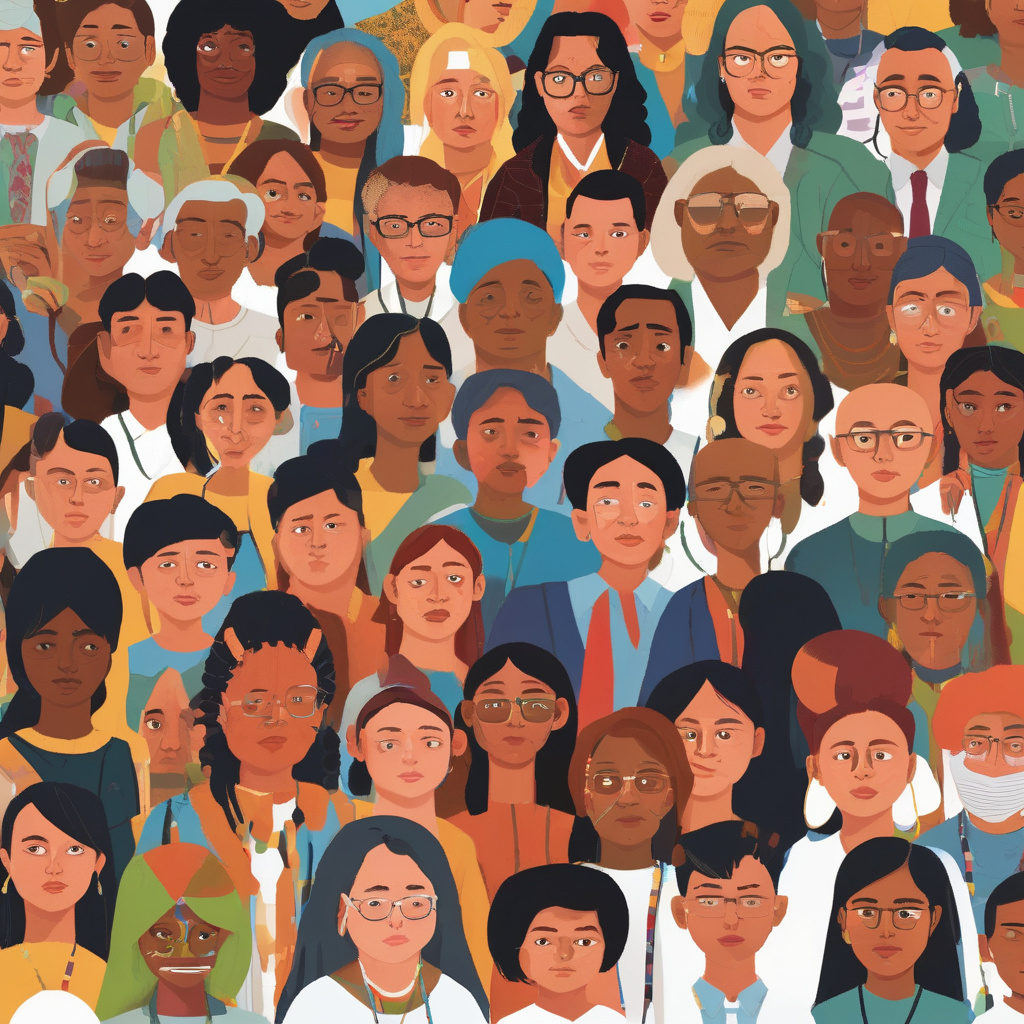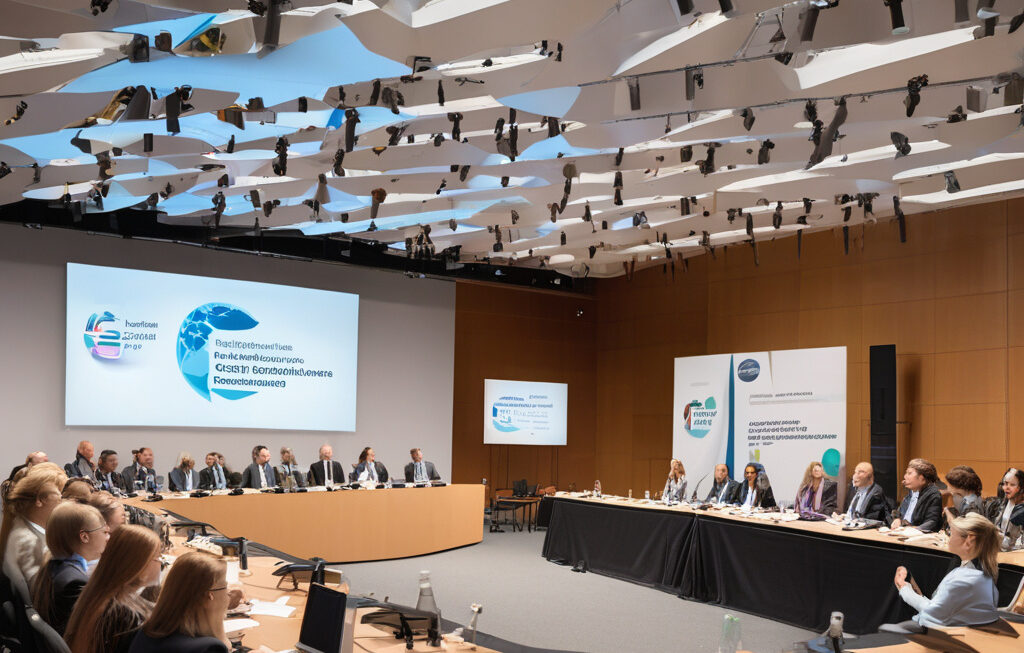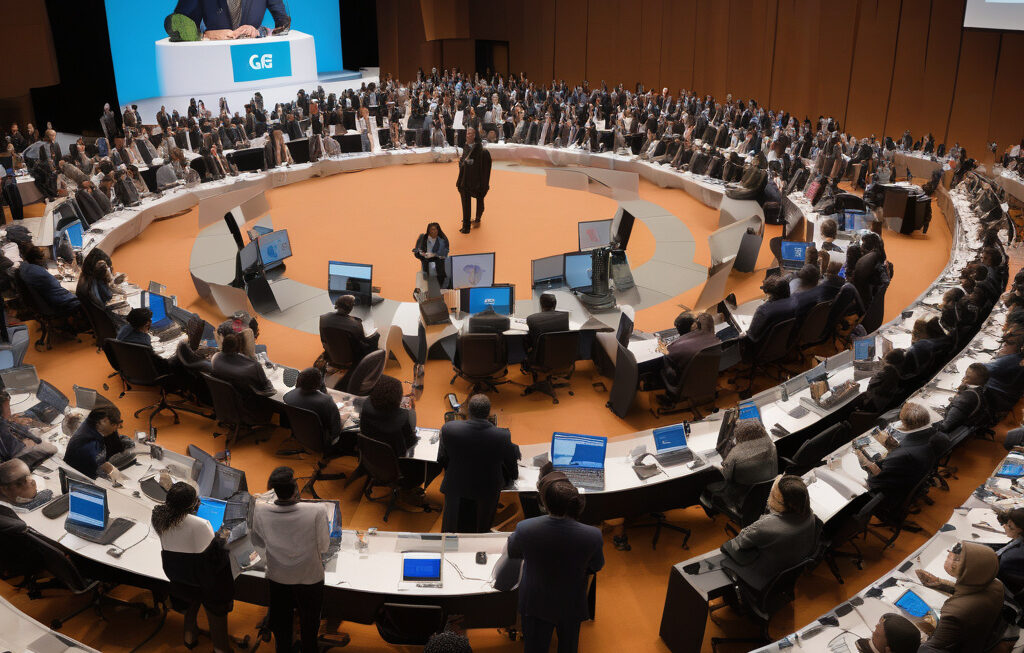Civil Society Champions Digital Rights and Justice at WSIS+20 Review during IGF 2025
As global civil society leaders converge to reshape the digital rights landscape, their bold proposals signal a pivotal moment in the future of internet governance. The World Summit on the Information Society plus 20 (WSIS+20) review at the Internet Governance Forum (IGF) 2025 has set the stage for crucial discussions on ensuring that digital rights are protected and justice is served in the virtual realm.
In recent years, the digital world has become an integral part of our daily lives, transforming the way we communicate, work, and access information. However, this rapid digital transformation has also raised concerns about privacy, security, and equity in the online space. Civil society organizations have been at the forefront of advocating for policies that uphold digital rights and promote justice in the digital sphere.
One of the key areas of focus during the WSIS+20 review at IGF 2025 is data privacy and protection. With the increasing amount of personal data being collected and shared online, there is a growing need to establish clear guidelines and regulations to safeguard individuals’ privacy rights. Civil society groups are calling for stronger data protection measures, transparency in data collection practices, and accountability for data breaches.
Another important issue being addressed is digital inclusion and access. While the internet has the power to connect people across the globe, there are still significant barriers to access, particularly in marginalized communities. Civil society organizations are advocating for policies that bridge the digital divide, ensure equal access to information and technology, and promote digital literacy for all.
Moreover, the WSIS+20 review at IGF 2025 is also highlighting the importance of digital rights in the context of freedom of expression and online censorship. As governments around the world implement measures to control online content and restrict internet access, civil society is pushing back against these efforts and defending the right to free speech in the digital age.
In addition to these key issues, civil society leaders are also putting forward proposals to promote digital innovation and entrepreneurship, protect intellectual property rights, and address cybersecurity challenges. By engaging in dialogue with policymakers, industry stakeholders, and tech companies, civil society is working towards creating a more inclusive, equitable, and rights-respecting digital environment.
The outcomes of the WSIS+20 review at IGF 2025 will have far-reaching implications for the future of internet governance and digital rights. By amplifying the voices of civil society and advocating for justice in the digital space, we can build a more sustainable and rights-based digital future for all.
digital rights, internet governance, civil society, WSIS+20, IGF2025












